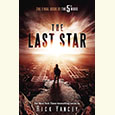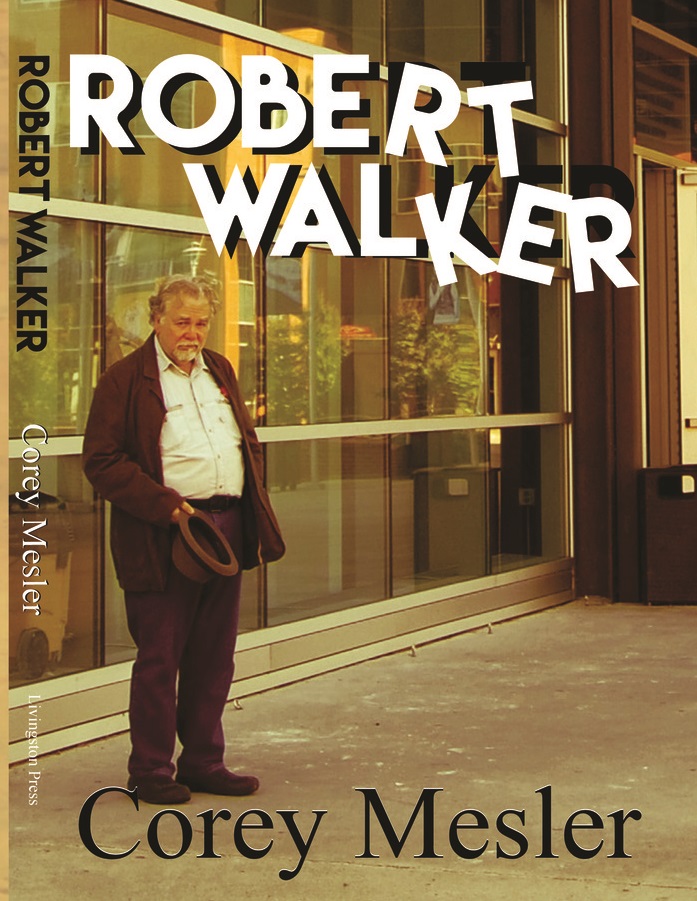Bop Symphony
Richard J. Alley delivers life, hot and cool, in his debut novel, Five Night Stand
In Five Night Stand, Memphis author Richard J. Alley tells the story of three people whose lives intersect over the course of five nights in New York City—a debut novel set to a pounding jazz beat of triumphs, failings, uncertainties, secret sins, and tragedies. Standing in the center of the spotlight is Oliver Pleasant, a renowned jazz pianist who has spent his life perfecting his art, craft, and career only to find himself facing his final years alone—estranged from his children and haunted by memories of his late wife.
 In contrast to Oliver is Agnes Cassady, a musical prodigy who learned her love of jazz piano from her late father. Barely in her twenties, Agnes should be looking forward to a lifetime of possibilities and performances; instead, she is struggling with a terminal neurological disease that is slowly stealing her ability to play music.
In contrast to Oliver is Agnes Cassady, a musical prodigy who learned her love of jazz piano from her late father. Barely in her twenties, Agnes should be looking forward to a lifetime of possibilities and performances; instead, she is struggling with a terminal neurological disease that is slowly stealing her ability to play music.
Completing the trio is middle-aged, out-of-work newspaper reporter Frank Severs, who travels to New York to write about Pleasant’s farewell performances. Frank brings with him a load of self-doubts regarding his marriage, the failure to obtain his longtime dreams, and his relevance as a print reporter in an electronic world.
Alley tells his story in lean, unadorned prose that captures the vividness of his characters’ motivations and desires. Here Oliver Pleasant recalls the impact of his first exposure to jazz, overheard through the windows of a juke joint, growing up in 1920s rural Mississippi:
At night, lyin in bed with three brothers, I’d hear them tunes playin back over and over in my head and feel my fingers itch. I didn’t have a name for them then, but the notes just seemed to make sense the way they fit together, like the way our family fit together or those men and women on the dance floor…Be years till I saw them written, pictures on paper, but even then they wouldn’t make no more sense to me than they did as a boy outside that window. I just knew I could make them same tunes back, note for note, come the next morning if only that man would show me where to put my hands and how to move them like a magician.
 Alley, a career journalist, writes with a reporter’s eye for detail while capturing the poetry and magic of passion and inspiration. It’s a feeling that Frank Severs rediscovers after a drunken all-nighter of club hopping with a young music blogger he meets in New York:
Alley, a career journalist, writes with a reporter’s eye for detail while capturing the poetry and magic of passion and inspiration. It’s a feeling that Frank Severs rediscovers after a drunken all-nighter of club hopping with a young music blogger he meets in New York:
It was like time travel back to his first years as a reporter when the story was the thing. He’d forgotten what it was like to give people a story just for the story’s sake, just because they might not be able to experience whatever it was he’d just experienced. Maybe all his colleagues had forgotten that as well. Getting it back might not make up for lost ad revenue or increase circulation, but Frank was done with that anyway. Maybe, though, that electricity could jump-start his own heart, kick-start his own writing. He pulled his notebook from his pocket and, in a boozy, bleary-eyed hand wrote, “Internat.”
Agnes Cassady’s search is to find a reason to continue with life when faced with the knowledge that the future holds only more pain and frustration. She comes to a crossroads after she befriends Oliver Pleasant and a private performance for her idol is cut short by her disease:
For a moment Agnes’s head swirled like the river before her, thinking of the performance she’d just put on privately in Oliver’s home… Anything before her time with Oliver has ceased to exist for her. She’d only wanted to end the night alone looking at the city and wondering if this was it, wondering if her life would end beneath the surface of a frozen river after having played piano for her idol, and after having her sickness take over that recital by the end so that she finished in frustration and humiliation….
The three primary characters of Five Night Stand eventually come together through different paths, creating a vivid, moving, and satisfying novel. Though they may stand at different points on life’s pathway, Alley’s characters all share the same basic uncertainties about the future. Ultimately, this novel seems to suggest, the “what,” “when,” and “where” of life isn’t as important as it may seem. It’s the “how” that is paramount. Life is not a game won by accomplishments, nor a recital piece to be played with perfection. Instead it is like a great jazz performance where musicians allow improvisation to guide the notes, realizing that what’s played in the moment and how we respond to others is what creates instances of sublime beauty.

Randy Fox is a freelance writer whose writing on music and pop culture has appeared in Vintage Rock, Record Collector, East Nashvillian, Nashville Scene, Jack Kirby Collector, Hardboiled, and many other publications. He lives in Nashville.


